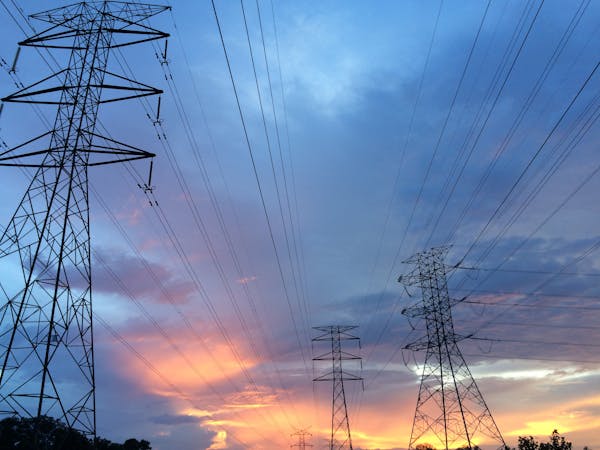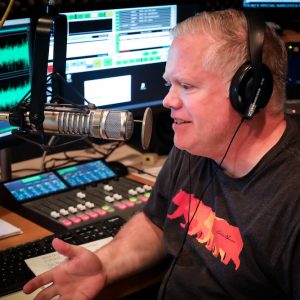Wyoming lawmakers are looking at new ways to resist the rising tide of electricity rates in the state.
They have formed a new Electricity Tax Subcommittee, which will explore a new tax on electricity generation while reducing a state sales tax on electricity sold within the state.
More than 60% of the power generated in Wyoming is exported to other states. And legislators say it would only be fair if the state collected more from utility companies than utilities pass on to Wyoming ratepayers.
The shift in taxation, according to proponents, acknowledges an economic burden that Wyoming has shouldered as a power-exporting state, reports WyoFile.
“Right now, Wyoming residents pay tax (sales and use) on the electricity that we consume, while out-of-state consumers do not pay any corresponding tax to the state of Wyoming,” Sen. Chris Rothfuss (D-Laramie), who will serve on the subcommittee, told WyoFile via email. “Since Wyoming only consumes a small percentage of the total electricity we produce, that is a significant inequity and loss of state revenue. We’d like to address that inequity and ensure that out-of-state consumers pay an equal tax [compared] to in-state consumers.” Regulated utilities helped defeat similar efforts during the recent budget session, according to Sen. Cale Case (R-Lander). But there’s still a large appetite, Case said, to ensure that Wyoming ratepayers don’t shoulder more than their fair share, particularly as energy costs continue to rise.
“The electrical generation landscape in Wyoming is changing, and our tax policies need to adapt as well,” Case told WyoFile.
The Electricity Tax Subcommittee will report its findings to the Joint Corporations, Elections and Political Subdivisions Committee — potentially when it meets in August.
Meantime, the Corporations Committee is exploring how the state might further stem the rising cost of electricity, which has been profound.
Although Wyoming ranks among the lowest in the nation for the cost of electricity — about $102 per month for the average customer, compared to the U.S. average of $138, according to state and federal sources — rates are increasing enough for most customers to notice.
After hiking rates by 8.3% in January, the state’s largest electric utility, Rocky Mountain Power, has proposed another hike, this time a 16.5% increase. The utility has also indicated it will ask for yet another hike in May or June, according to the Wyoming Public Service Commission.
Other utilities are following suit, all citing growing costs driven by federal regulations, supply-chain issues and interest rates. There’s more market competition for natural gas as utilities either retire old coal-fired power plants or dial back their usage, according to Rick Kaysen, who lobbies on behalf of Rocky Mountain Power. Utilities are also in the middle of a massive buildout of new electrical transmission lines and renewable power facilities within an economy where everything is more expensive, he said.
“I don’t mean to reduce it to this,” Kaysen told members of the Corporations Committee on Monday in Lander, “but everything that affects your household budget, the utility is looking at something like that as well. Our costs increase just like the costs that you absorb within your household budgets.”
While many of those rising expenses are legitimately argued in proposed rate increases, and while Wyoming still enjoys among the most affordable electricity in the nation, the trend is cause for concern, Wyoming Public Service Commission Chair Mary Throne told lawmakers.
“There was a lot of concern expressed about affordability,” Throne said, referring to a series of public meetings last year regarding Rocky Mountain Power’s proposed rate hike of 29.2%. Anxiety over monthly electric bills is “not just a winter issue for people anymore,” Throne continued. “Particularly for folks who are tenants, and they don’t have a lot of control over their electric bills because they might be in a building that’s all electric.”
So far, the Corporations Committee has not advanced any draft legislation in the interim.










